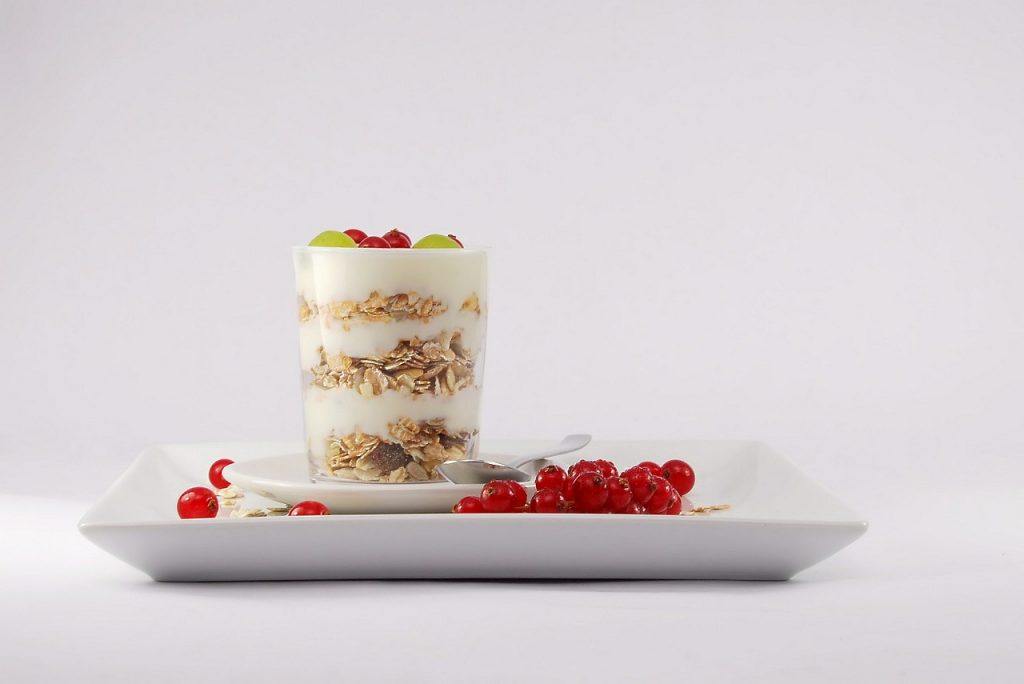Appointment Request
You can use this form to request an appointment.
Once received, we will check the form details and confirm appointment times with you.
We cannot guarantee an appointment without confirmation.
Exposing hidden sugar in our food

Hidden sugar in everyday foods mean many parents aren’t aware that their children are eating more sugar than they should.
As dietary guidelines continue to evolve and we learn more about the dangers of too much sugar to our health, it’s more important than ever to be vigilant about how much sugar we let our kids eat.
A wealth of options in the supermarket aisles means food has never been more convenient – or confusing. What once felt like healthy choices now seem less certain. Is flavoured yoghurt healthy or a treat?
Helping your family eat a balanced diet
The simplest way to help your family eat a balanced diet is to avoid heavily processed foods and make as much as you can at home in your own kitchen using good ingredients.
Most of the same rules that apply to adults apply to children, too; we should be eating a diet that includes protein, five servings of fruits and vegetables, starches and whole grains and some dairy.
Promoting lots of physical activity over sitting on the sofa and keeping an eye on sugar and fat is the simplest way to ensure your children are at a healthy weight as they continue to grow.
When it comes to sugar, no amount is too little – it can lead to weight gain, tooth decay and diabetes. The maximum recommended daily intake for children aged 4 to 6 years old is 19g of sugar, the equivalent of 5 sugar cubes. For children 7 to 10 years old it’s slightly higher, 24g, or 6 sugar cubes.
Yet according to the National Diet and Nutrition Survey, Brits are having far too much – children aged 11 to 18 years take in on average 15% of their daily calories from added sugar.
Recognise and avoid high sugar foods
So we know sugar is bad, but how do we avoid it? Here’s some foods we often consider healthy or neutral that actually often have sugars lurking within:
- Sugars, preserves and confectionary: Up to 27% of the added sugar in our daily diet comes from jams, chocolate and sweets. These ones are simple and easy to avoid – cut back on foods like chocolate spread, chocolate and sweets like fruit pastilles.
- Juice and soda: Fizzy drinks like Cola have taken a high profile flogging in the media in recent years, and most people now recognise it’s better to save these drinks as an occasional treat rather than an everyday indulgence. Beware of fruit juice; though it may seem healthy, sweetened fruit juices and squash cordials are high in sugar and low in nutritional value.
- Fruit yoghurt: Yoghurt can be a great snack and healthy source of nutrition, but many of the products that line the shelves – particularly those for children – have more added sugar than a biscuit or cake. A single yoghurt carton can contain nearly 20% of the recommended daily sugar intake for children.
- Cereals: Children’s cereals are another food item that are seemingly healthy and virtuous on the surface but in reality are packed full of added sugars. Stay away from sweetened cereals like chocolate flavoured cereals – which cab have an astonishing 10.5g of sugar in a single serving – and steer towards simple, wholegrain cereals instead like plain wheat based cereals.
- Tomato Ketchup: The beloved spread that goes with just about anything is actually very high and sugar and best saved for the occasional topping rather than a dinner table staple. One tablespoon of ketchup has 3.7 grams of sugar.
Nutrition advice from YourGP
If you need some help steering your diet and that of your family back in the right direction, we’re here to help. From our private practice clinic in Edinburgh we offer Nutritional Therapy to help you optimise your health and well being and tackle a range of issues from low energy to weight management.
To learn more about our nutrition services or to book your child into our Children’s clinic, use our online booking form to book an appointment, email our reception team at reception@your.gp or call us on 0131 225 5656.
I went in for an allergy shot and was thoroughly pleased with the practice from start to finish. They informed me with the all the necessary details and potential side effects (which thankfully I didn’t have). The level of professionalism is felt from the time you enter all the way through the end of your appointment! Thank you! See you next year!
